‘Iraqi MPs to repeat request for results of probe into Gen. Soleimani’s killing’
A group of Iraqi legislators plans to repeat calls for disclosure of the results of an investigation into the assassination of top Iranian anti-terror commander Lieutenant General Qassem Soleimani and his Iraqi trenchmate Abu Mahdi al-Muhandis, who were killed in a US drone strike near Baghdad airport more than three years ago.
Hassan Salem, a member of the al-Sadiqoun bloc – the political wing of the anti-terror Asa'ib Ahl al-Haq resistance group in the Iraqi legislature, told Iraq's Arabic-language al-Maalomah news agency on Saturday that lawmakers intend to reopen a file into the matter.
He added, “There are domestic and foreign parties involved in the crime, and the offenders hail from the United States, Lebanon, Syria, and even Iraq.”
“The blood of the martyrs is a debt to the entire nation. We will neither remain silent nor sit idly by in the face of the heinous crime committed by the United States. Washington perpetrated an unforgivable misdeed,” Salem said.
He said Iraqi lawmakers will once again demand disclosure of results of an investigation into the targeted killing of Lt. Gen. Soleimani, Muhandis and their companions, in order to publicize the names of all those involved in the assassinations and hold them to account in accordance with the law.
Muhammad al-Baldawi, a member of the Fatah (Conquest) Alliance in the Iraqi parliament, also called on the Baghdad government and the judiciary to take serious measures and name all those responsible for the assassinations.
He said the time is ripe to bring the criminals to justice, especially as they do not hold a position in the government any more.
General Soleimani, commander of the Quds Force of Iran’s Islamic Revolution Guards Corps (IRGC), Abu Mahdi al-Muhandis, the second-in-command of Iraq’s Popular Mobilization Units (PMU), and their companions were assassinated in a US drone strike authorized by then President Donald Trump near Baghdad International Airport on January 3, 2020.
Two days after the attack, Iraqi lawmakers approved a bill that required the government to end the presence of all foreign military forces led by the US in the country.
Both commanders were highly revered across the Middle East because of their key role in fighting the Daesh Takfiri terrorist group in the region, particularly in Iraq and Syria.
On January 8, 2020, the IRGC targeted the US-run Ain al-Asad base in Iraq’s western province of Anbar with a wave of missile attacks in retaliation for the assassination of Gen. Soleimani.
According to the Pentagon, more than 100 American forces suffered “traumatic brain injuries” during the counterstrike on the base. The IRGC, however, says Washington uses the term to mask the number of the Americans who perished during the retaliation.
Iran has described the missile attack on Ain al-Assad as a “first slap.”
VIDEO | Press TV's news headlines
VIDEO | Against erasure: Palestinians say survival in Gaza affirms their right to land
BBC bars use of ‘kidnapping’ to describe Maduro’s kidnapping
VIDEO | International cartoon, poster contest 'Online Terror' unveiled in Tehran
VIDEO | Venezuela installs interim president after US kidnapping of Maduro
Iran FM urges world, UN to voice decisive opposition to attack on Venezuela
VIDEO | Moscow vows revenge
Sanctions slow Iran’s 5G expansion despite growth in network rollout


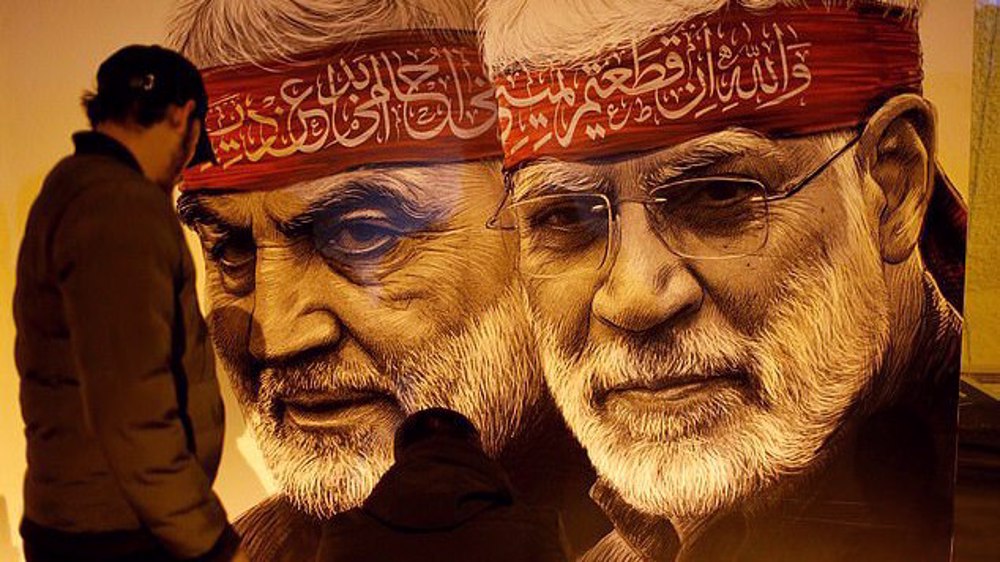
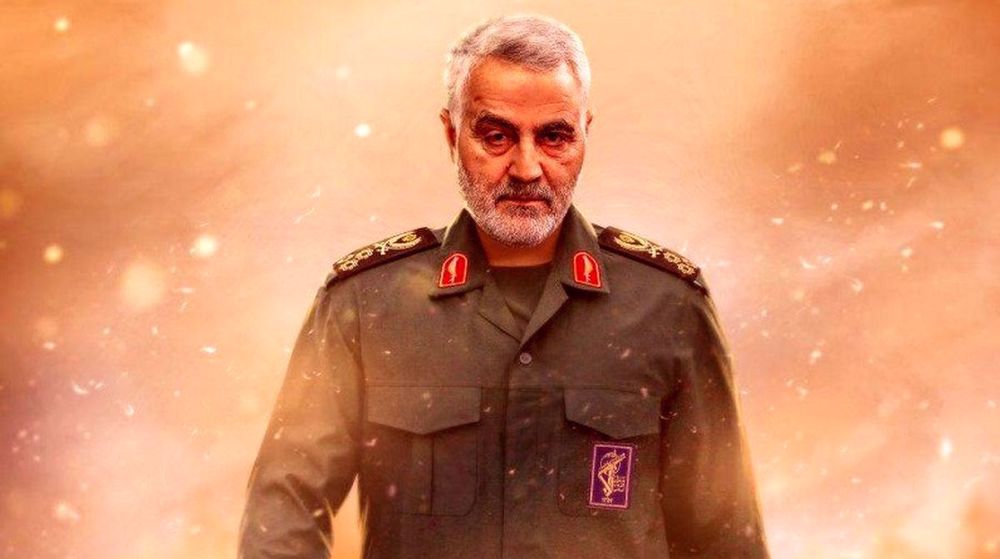
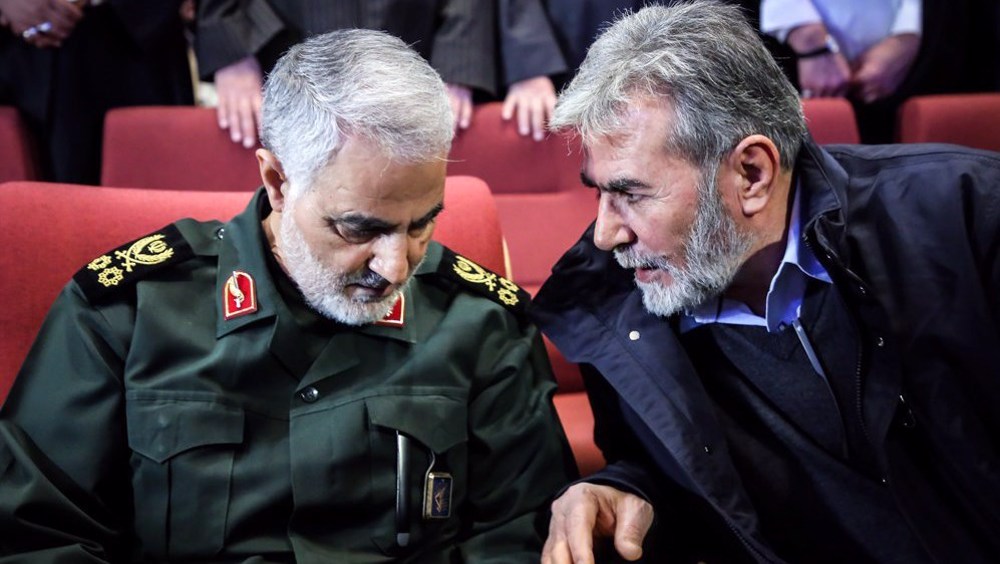
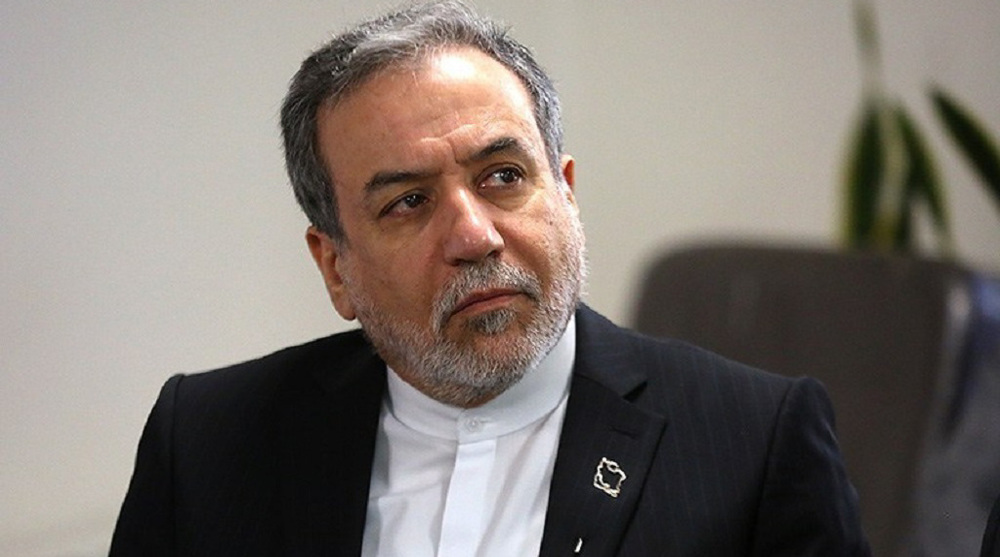
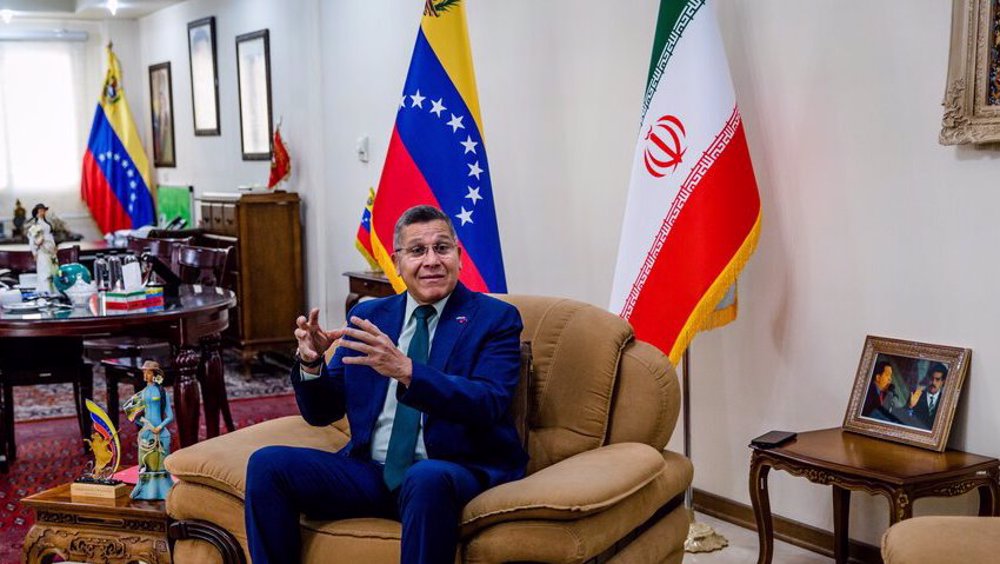
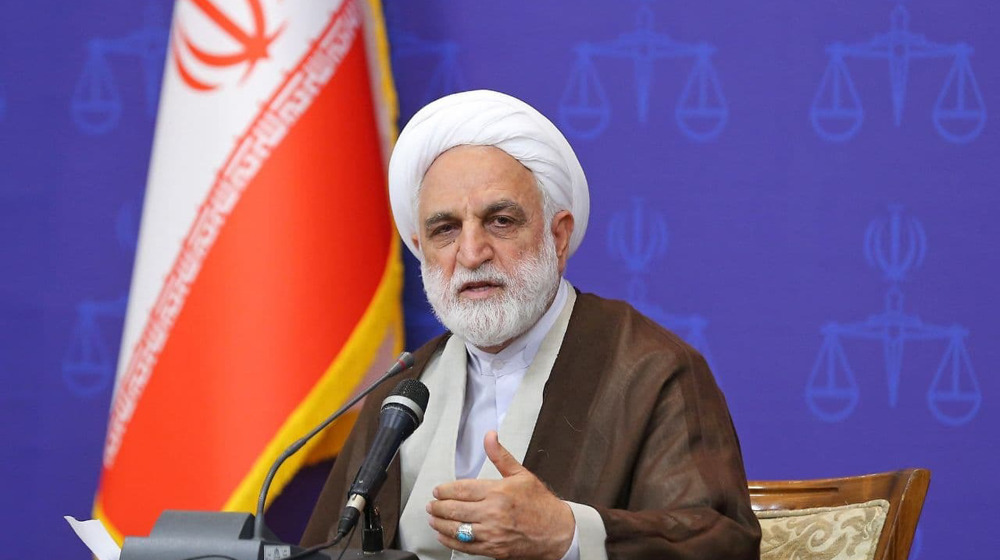



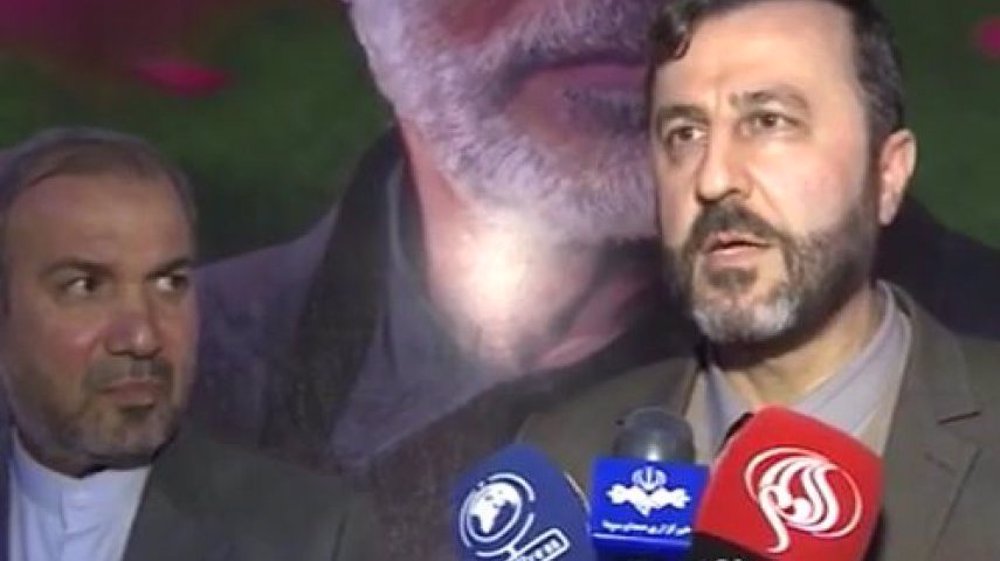
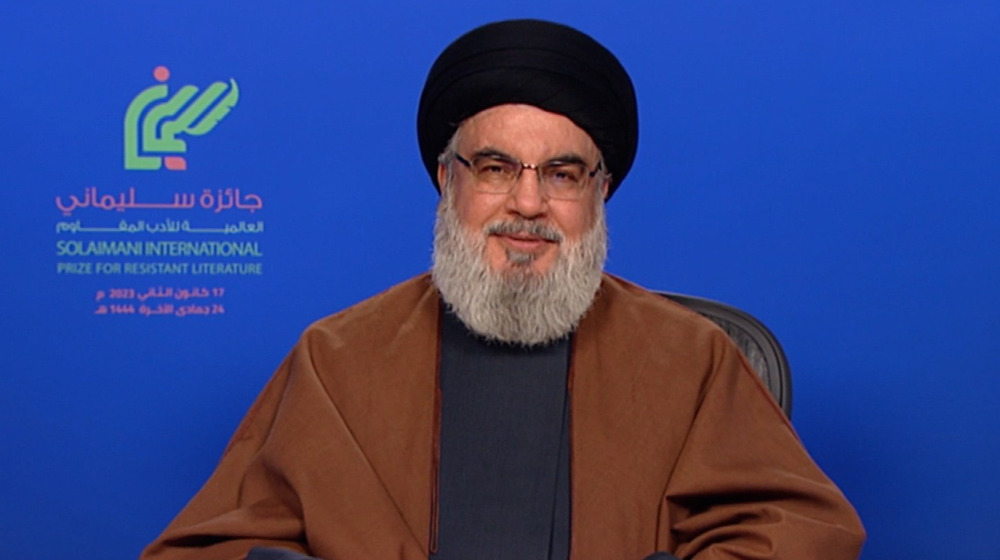
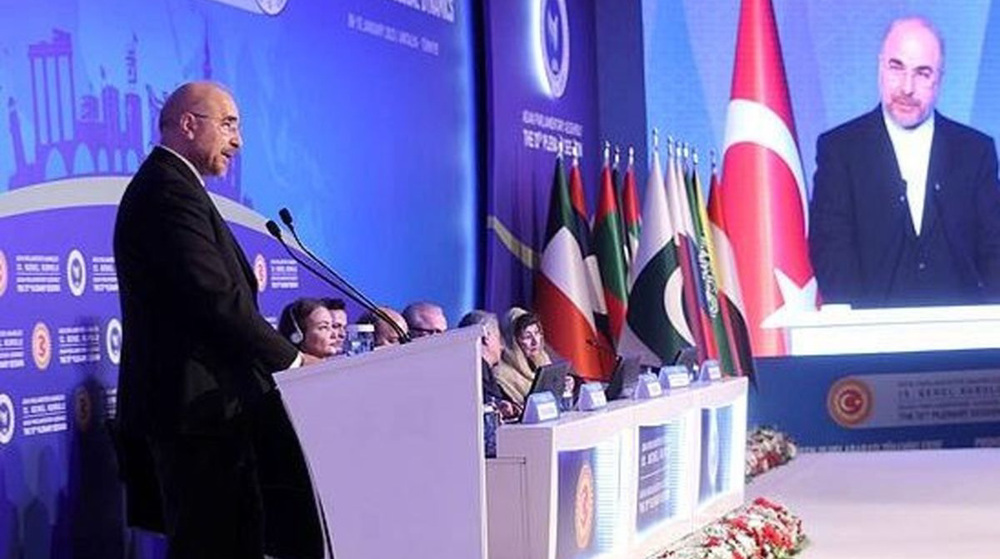
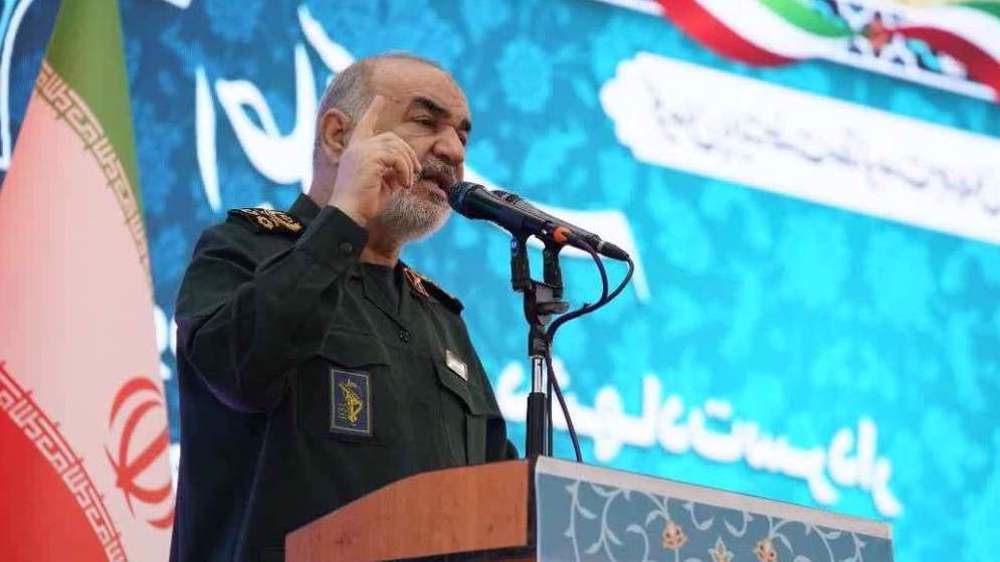
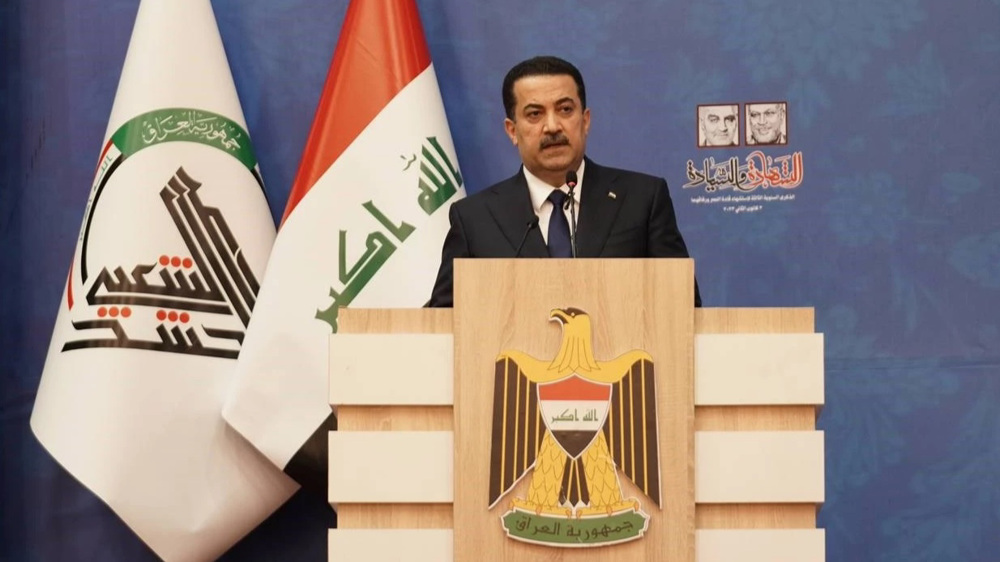
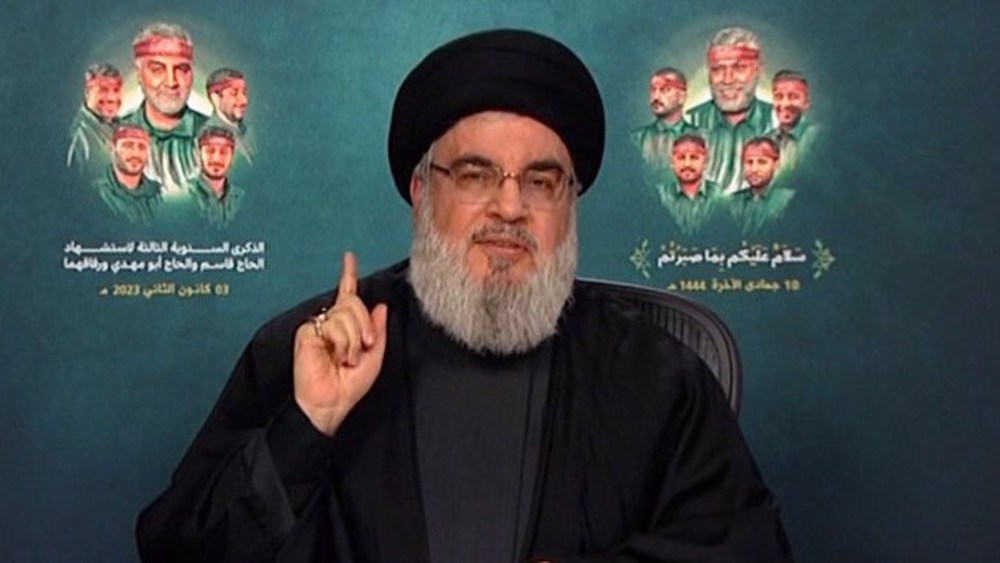
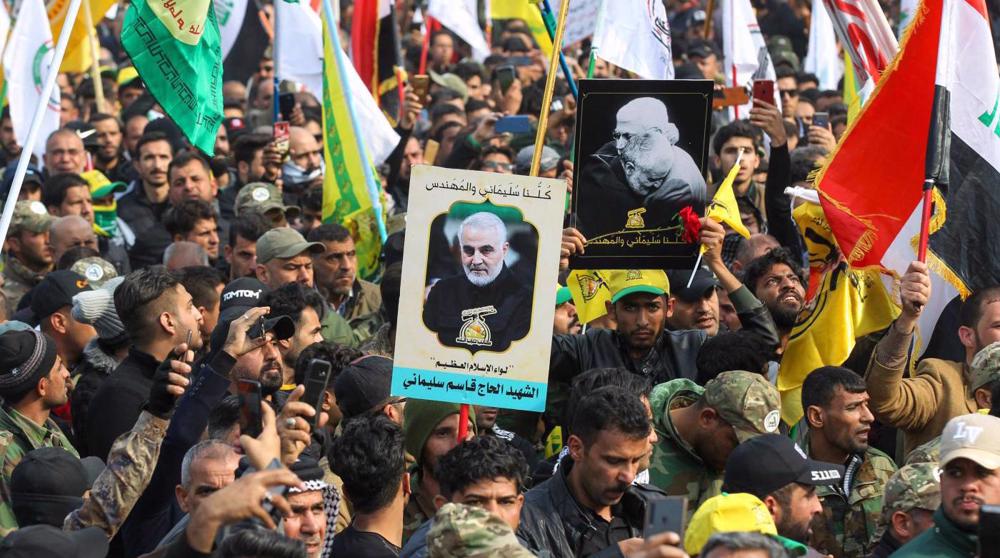

 This makes it easy to access the Press TV website
This makes it easy to access the Press TV website